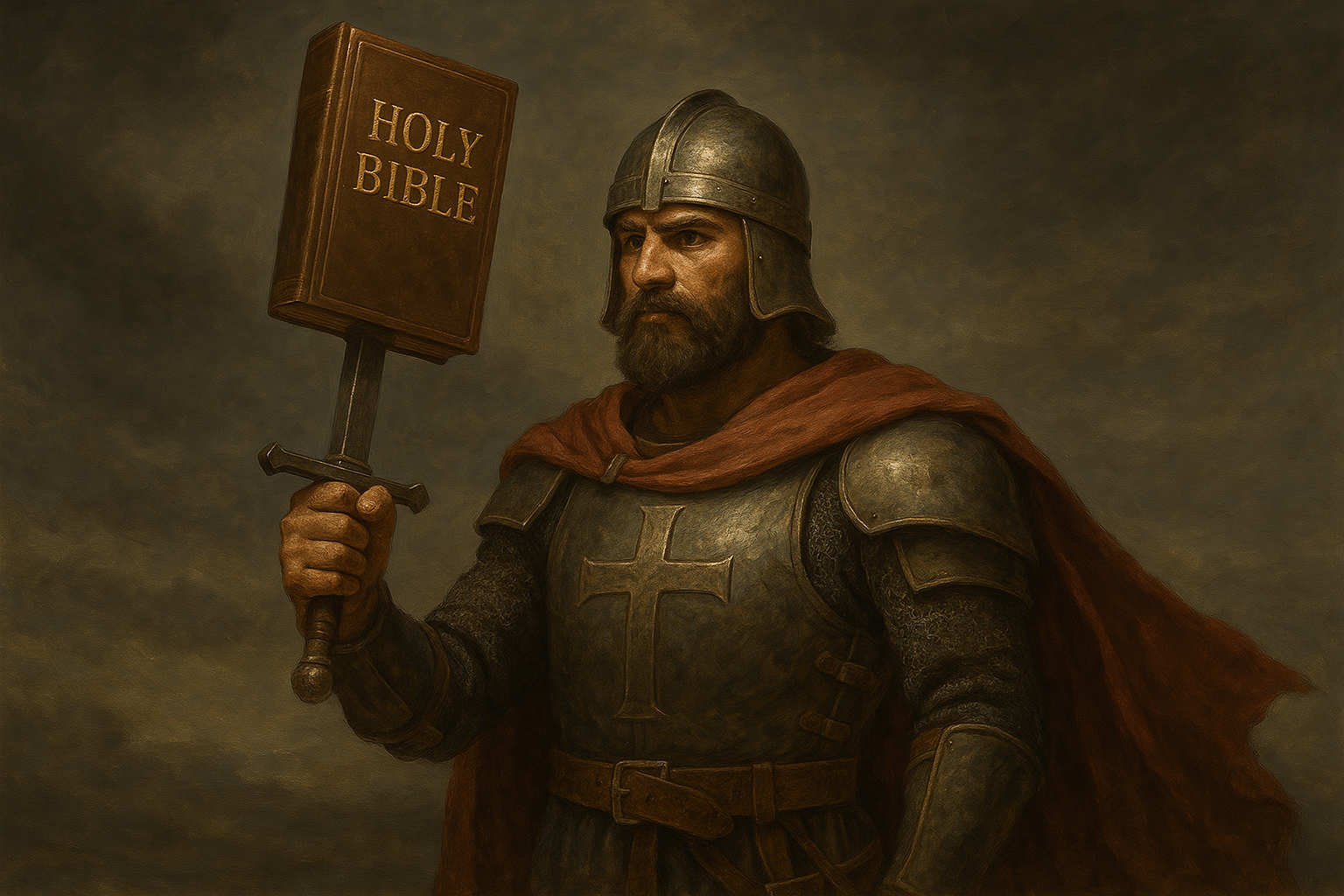The Officers of the Church
1 Thessalonians 5:12-28, Belgic Confession, Article 31 – They would be called bishops and they would have their city. Rome believes that they have a succession from Peter but history does not support that. The bishops were equal in authority. Gradually it became Rome with centralized power. St Jerome says:
“Wherever there is a bishop, whether it be at Rome or at Engubium, whether it be at Constantinople or at Rhegium, whether it be at Alexandria or at Zoan, his dignity is one and his priesthood is one.”
This passage emphasizes the equality of bishops regardless of their location, suggesting that their priesthood and dignity are identical. Jerome also states in the same letter:
“For what function, excepting ordination, belongs to a bishop that does not also belong to a presbyter? … his dignity is one and his priesthood is one.”
This supports the idea that the roles of bishop and presbyter are essentially equal in merit and priesthood, with the bishop’s authority (e.g., ordination) being a practical distinction rather than a mark of superiority. The specific phrasing about the “power of the bishop” not making a bishop superior may be a paraphrased or summarized interpretation of Jerome’s argument that a bishop’s elevated role is due to ecclesiastical custom, not a divine hierarchy.
Belgic Confession article 31 speaks against the papacy. The local consistory possess the direct authority of Jesus Christ. CO 5 – the office of elder is local in authority. URCNA is not hierarchy ..
Galatians 2:2 (NKJV) And I went up by revelation, and communicated to them that gospel which I preach among the Gentiles, but privately to those who were of reputation, lest by any means I might run, or had run, in vain.
